Health
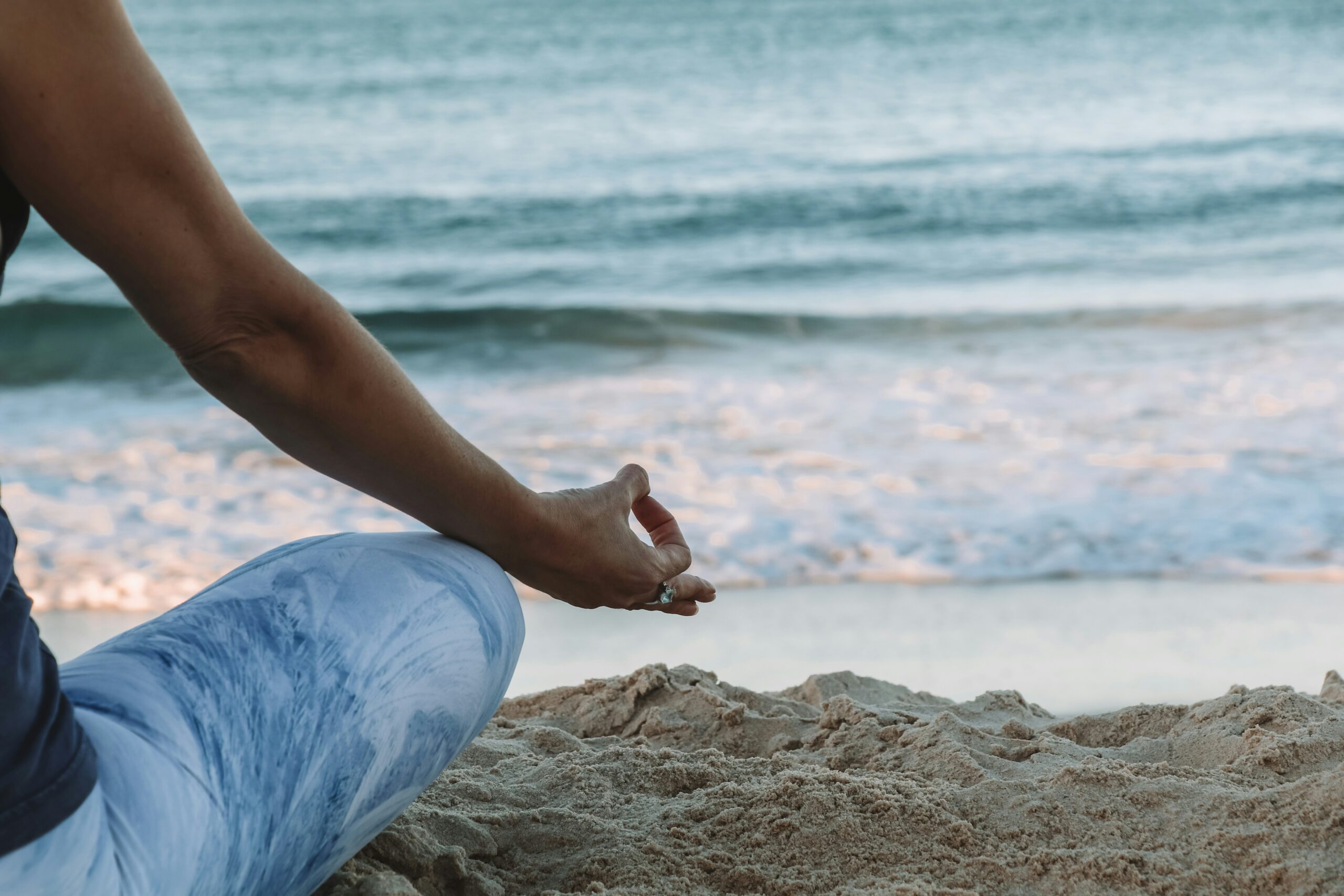
Strange title, right? Everybody knows how to breathe! However, there may be more to breathing than we may realize. Everybody has gone through moments of nervousness and worry, be it when taking a test, thinking about the next sports game, or even choosing a gift for someone you care about. When feeling anxious or generally […]

When we think of having a healthy diet, we naturally think of how this will impact our body. What we often overlook is how our diet impacts our mental health. Research continues to support this idea that our very diet can leave us more susceptible to negative moods and even our overall mental health (Firth […]

It is never an easy process to acknowledge that we may be struggling. Oftentimes in our struggles, we may seek quick relief. Substances are a popular choice for finding this quick relief. Unfortunately, some may fall victim to the dark side of substances and face addiction. When we think of addiction in general, substances are […]
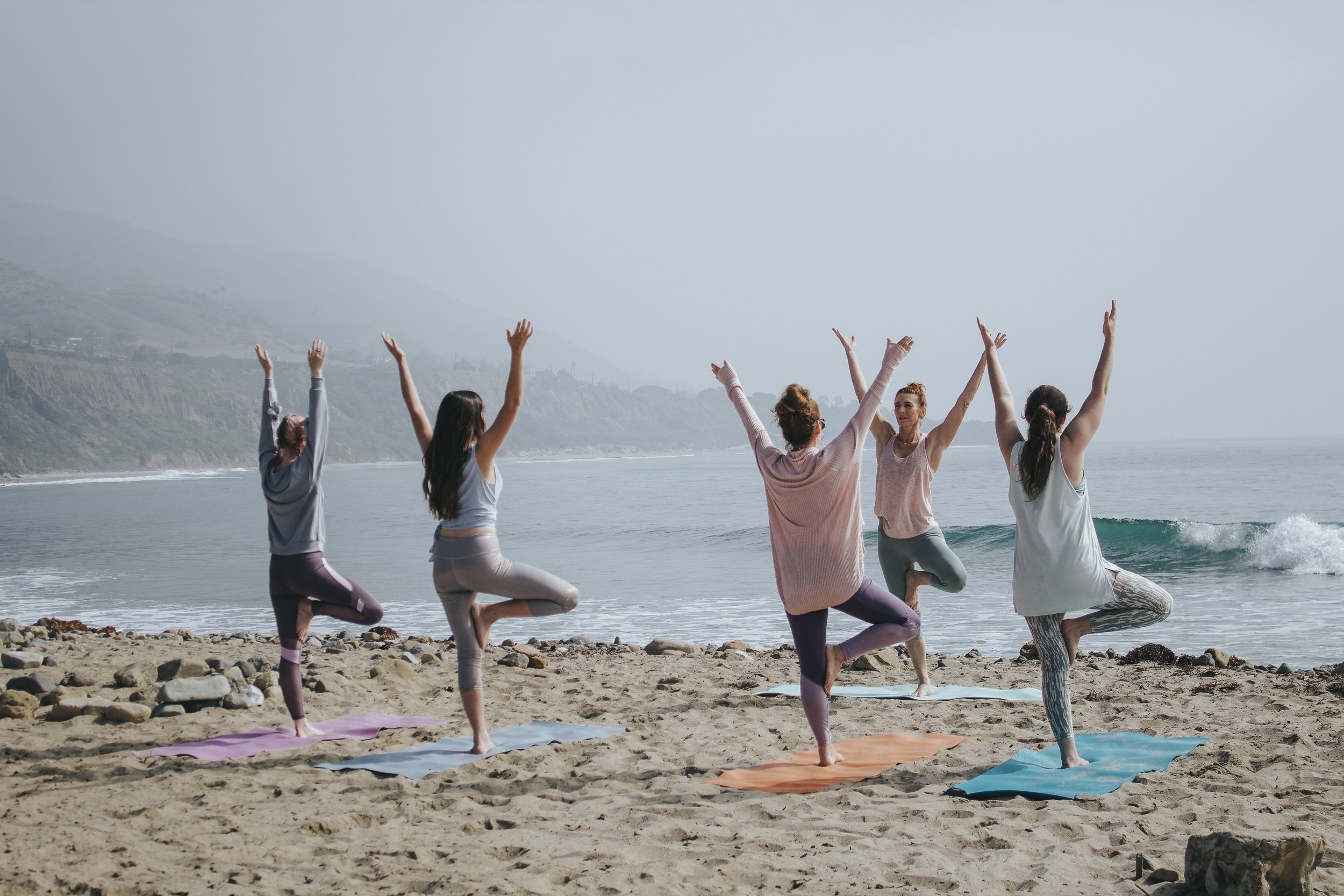
When many of us think of “wellness”, the first thing that may come to mind is our physical or mental health. Although our physical and mental health are important aspects of our wellness, there are many more contributing factors. Debbie Stoewen identifies eight separate, but equally important, components of wellness (2017). These eight components, named the “Dimensions of Wellness”, are independent of one another, but can also significantly influence and impact each other as well. These dimensions don’t require equal attention paid to them, but neglecting one can have negative consequences on the others, including our overall wellness.

In my own experience, and in the experiences of many others I have spoken to, it can be difficult to find new friends or even socialize in general. The Covid-19 pandemic forced many of us into isolation and we are still dealing with it in many ways nearly three years later. At the same time, many of us are getting older and our friend, or ourselves, might feel distanced from long-time and childhood friends as we navigate conflicting work schedules and developing families of our own. Many of us may be moving hundreds or even thousands of miles away from our homes and friends or many of our friends might be doing the same. We may no longer be in school where socializing is convenient and encouraged and we may not be spending time wandering around our neighborhoods, meeting new people. Having a support network of friends, and socializing, is an important aspect to our mental health and well-being. So, what are some ways we can fulfill our need to socialize and maybe make some new friends?

We all know the classic symptoms of ADHD. We understand that it can be hard for someone to focus and concentrate on their work. They may be more hyperactive, impulsive, and distractible. It is easier to identify ADHD in males earlier in life because they struggle to sit still, talk a lot in class, and struggle to follow along with the class. This does not help women who may not be as easy to recognize ADHD symptoms and they can go a long time without receiving the help they could truly benefit from. If you go to receive help because you wonder why your mind races, it is hard to initiate work, and stay focused, it can be misidentified as anxiety or depression. Did you know what anxiety and depression can be a secondary reaction experience to a primary ADHD diagnosis?
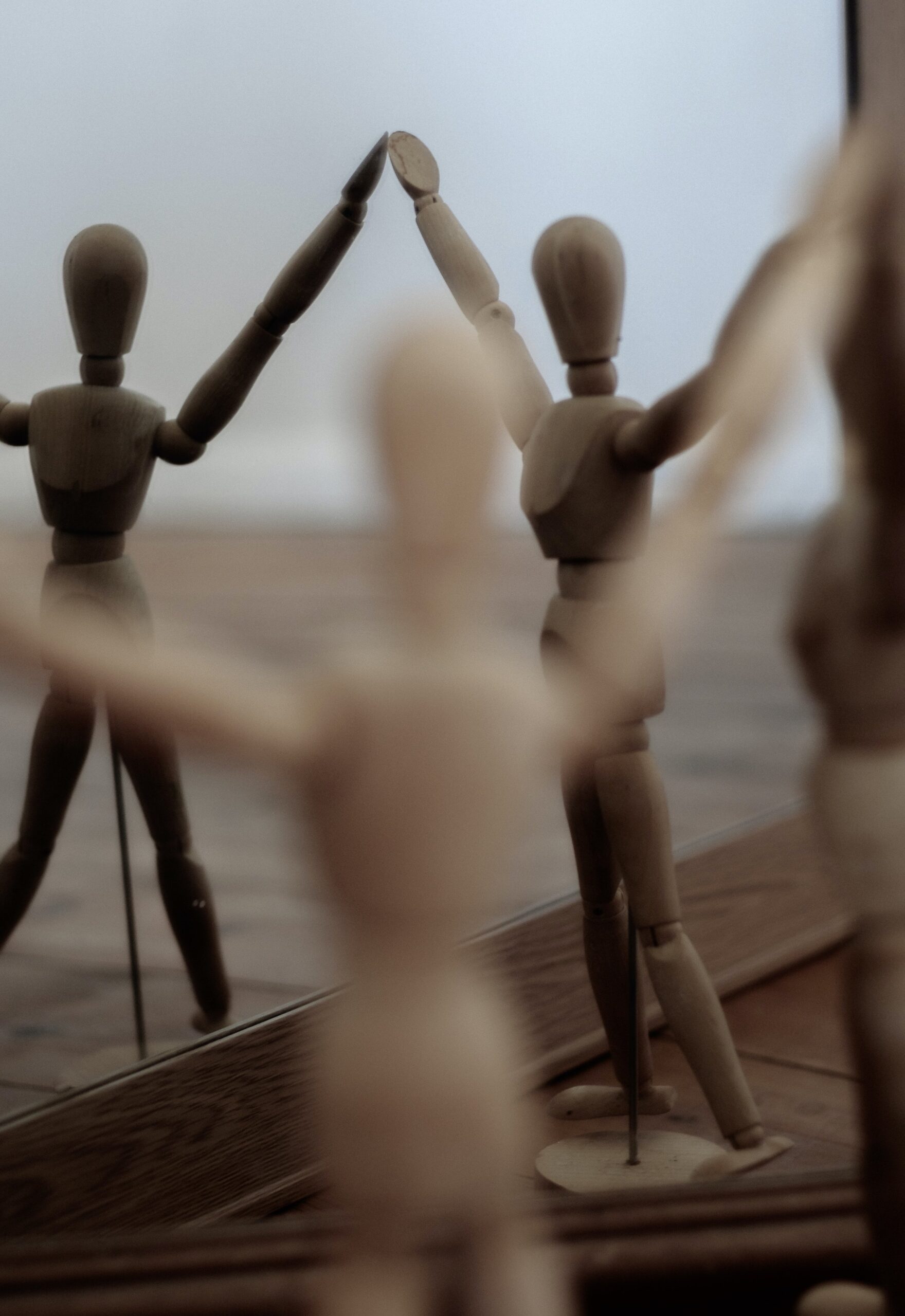
Many people struggle with body image, especially with societal pressures and constantly seeing perfectly photoshopped celebrity bodies online. However, it is important to remember that there is no standard of beauty and you are beautiful just the way you are.
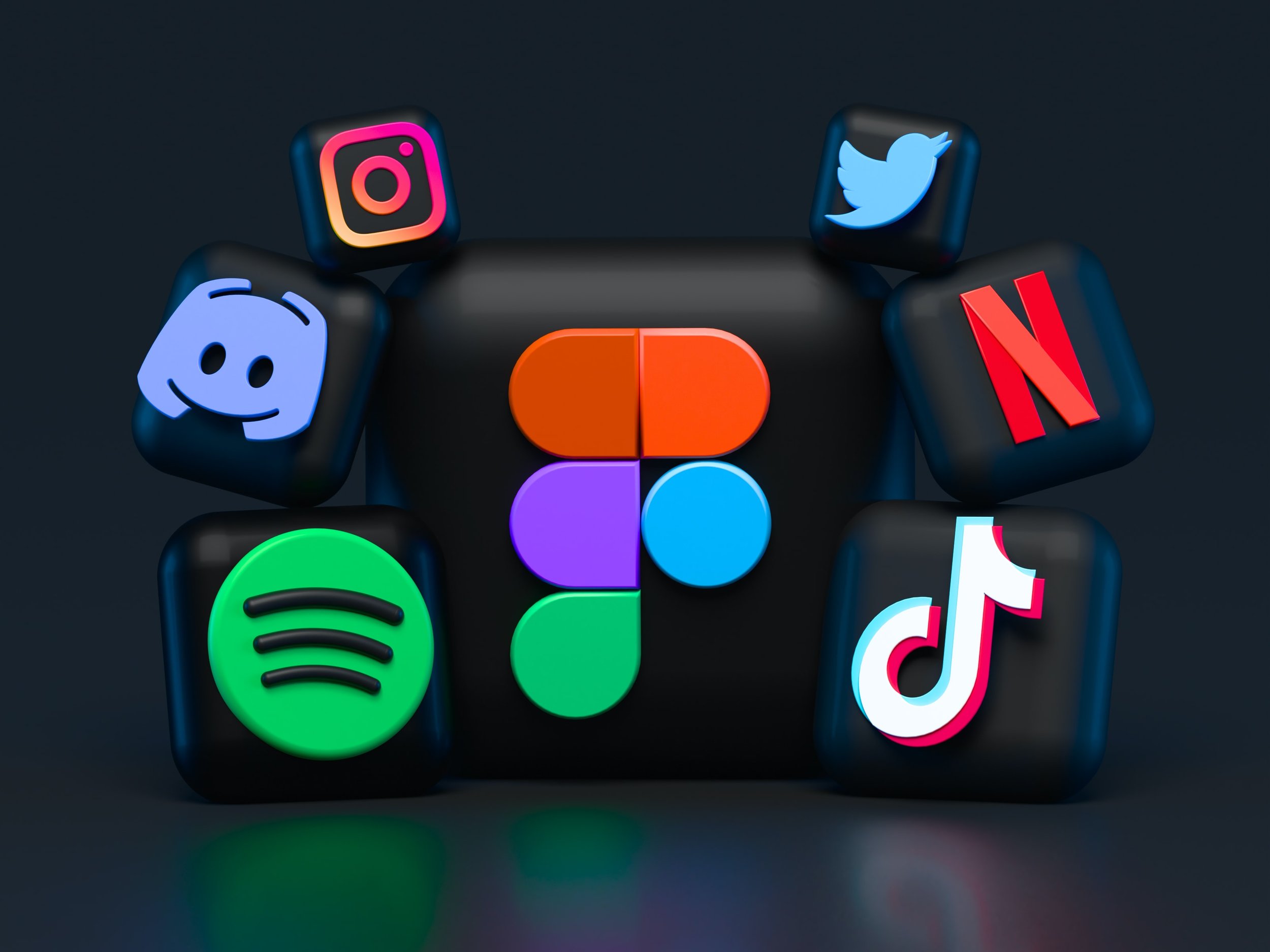
It’s 2023 & social media platforms such as Facebook, Instagram, Snapchat, Twitter & Tik Tok are all the rage. Technology allows us to live in a world where we can connect socially with others without actually getting together in person. Engaging in social media produces dopamine in the brain, otherwise known as the “feel good” chemical. This rush of dopamine is what motivates us to continuously check our social media apps in the search to feel good.
There are some benefits to social media use such as reconnecting with family & friends that live around the world. Finding new friends in your community & getting involved in social causes that need awareness. Connecting socially if you are housebound or live remotely without access to others. Lastly, it gives us the ability to seek emotional support from others, while providing this type of support in return. Therefore, social media is not all bad & can be used in moderation to enhance our lives.
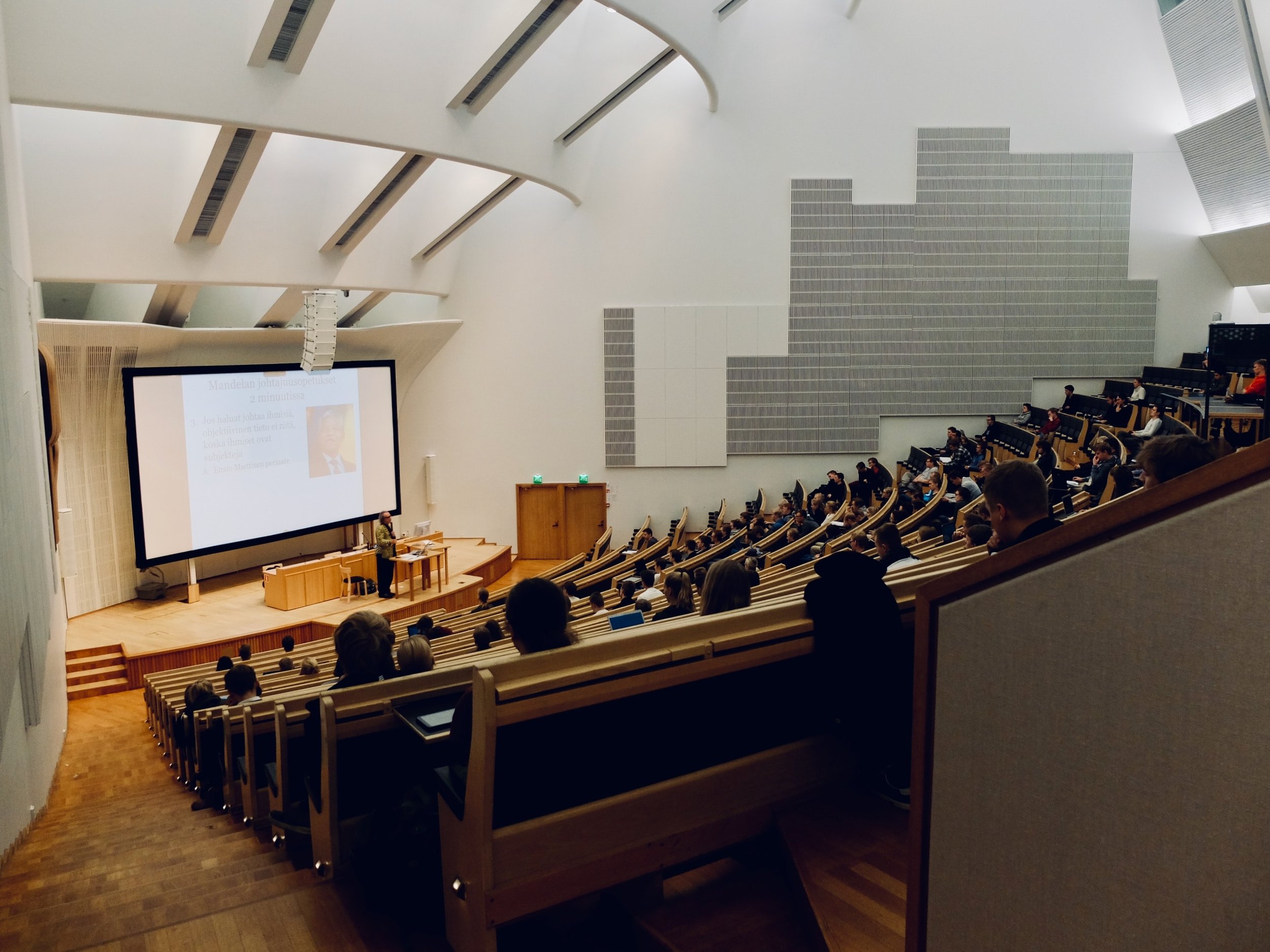
If you are searching for this, you may be feeling the pressure and stress from rapidly approaching deadlines and final exams. Perhaps the rest of the semester went without issue. Maybe you were living carefree, completing assignments whenever you could and sometimes skipping a class just to have a ‘me’ day. Perhaps you attended meticulously, taking very precise notes and studying very hard. Regardless of your college experience, final exams can be a very vulnerable and tense time for many students. If you are feeling the effects of that with late night study sessions, skipping meals and sacrificing sleep to catch up on assignments and material you might have skimped over before, here are some things that can help you with that.
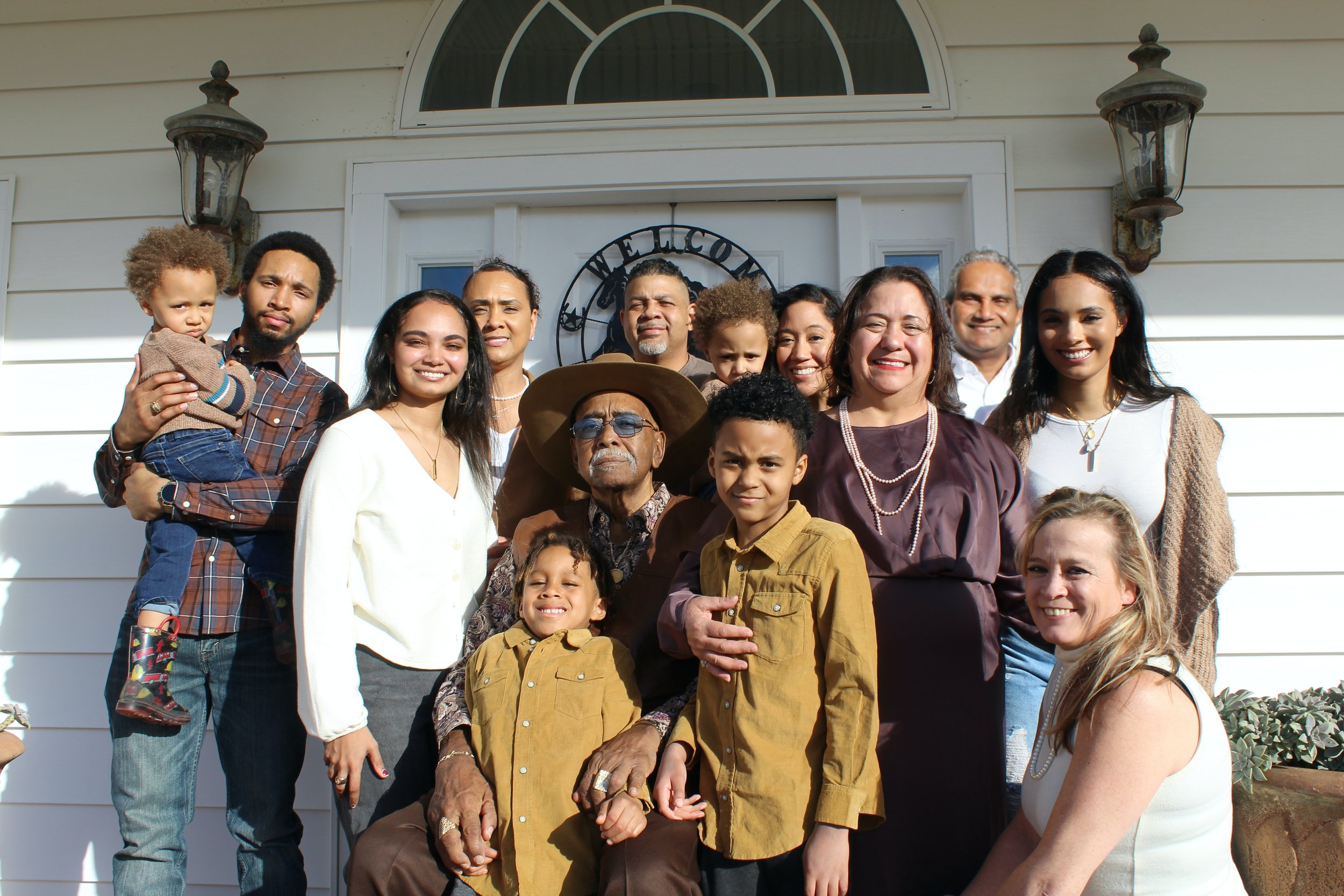
Erik Erikson (1902-1994) is a psychologist most well known for his model on psychosocial development. Erikson’s focus on the social aspects of development, and the impacts of social influences on our development, differentiated his model from others and provided a framework that would progress the field of psychology for decades to come. Erikson’s stages of development theory details eight distinct and consecutive stages one progresses through to develop a healthy sense of self.